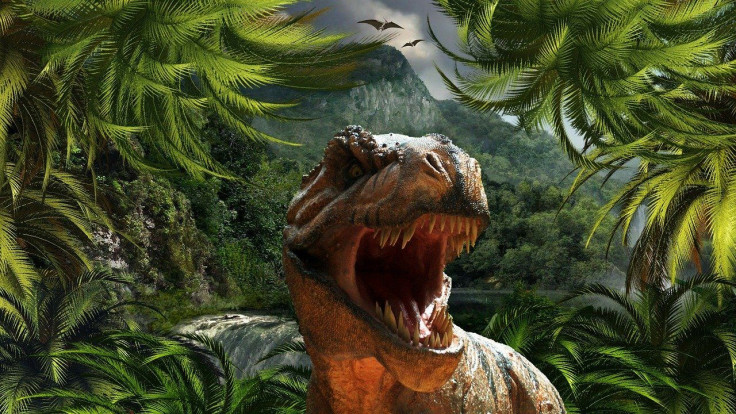Study Reveals Dinosaurs May Have Experienced Mercury Poisoning Before Asteroid Hit

KEY POINTS
- Scientists have laid down studies that the extinction of dinosaurs was caused by a huge asteroid that hit the earth
- A new study revealed that prior to this event, they might have already been struggling with how to live
- The study stated that they might have suffered from mercury poisoning
A recent study revealed that ancient dinosaurs might have already experienced poisoning from mercury even before the asteroid hit the earth and wiped out the dinos. It further highlighted how the dinosaurs were struggling to survive because of the high mercury levels from the volcanic eruption.
According to a study published in the Nature Communications scientific journal, the researchers used fossilized marine mollusks located in different parts of the world to study the effects of the volcanic eruption during the time of the dinosaurs. They found “what appears to be a global signal of both abrupt ocean warming and distinctly elevated mercury concentrations” brought about by Deccan Traps mass eruption, which occurred in India.
The study pointed out that they were able to provide insights into the impact of a volcanic eruption, particularly the Deccan Traps on the environment, by simply analyzing one material. The lead author of the study, Kyle Meyer, also mentioned that they were surprised at seeing the same sample showed temperatures rising and that it also exhibited high mercury concentrations. The same degree of concentration is found in industrial sites where mercury concentration is affirmed.
What made the research more significant in today’s times was that the clamshells that they have collected from the contaminated site of Virginia’s South River showed similar mercury levels to that of the ancient shells. A co-author of the study, Sierra Petersen, revealed that documenting anomalies in shells was done before, but there was no record that it was ever done in shells.
As per the authors, the newfound link between mercury levels and the climate could potentially help in giving solutions to some of the problems normally encountered by researchers on relative dating. It highlighted how mercury, being a toxic metal, does not only affect humans, but it also poses a danger to wildlife and fish.
Hence, the fossilized shells which they found to have contained mercury give rise to the hypothesis that dinosaurs may have also suffered from mercury poisoning. It also points the timing and scale of the Deccan Traps eruption, which they believe, happened prior to the asteroid hit.
© Copyright IBTimes 2024. All rights reserved.





















